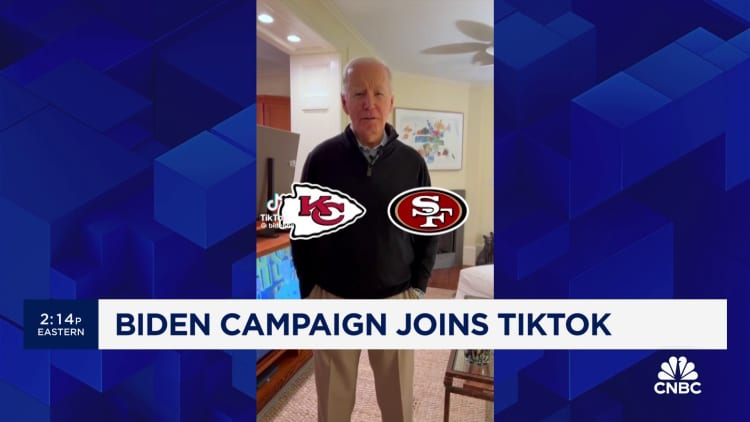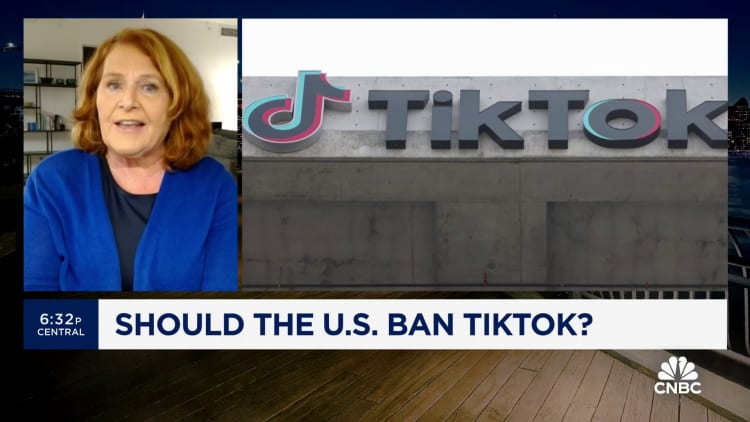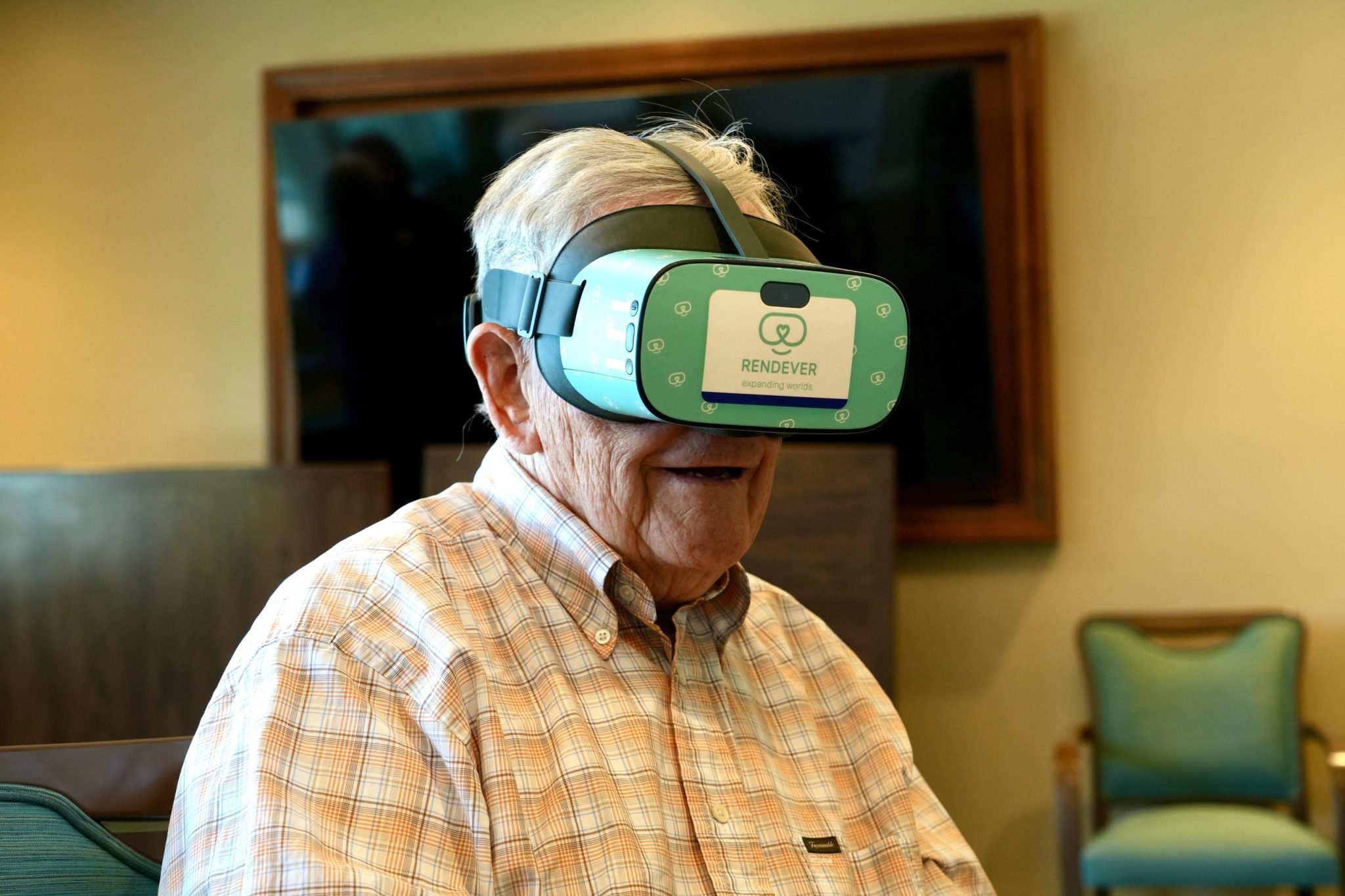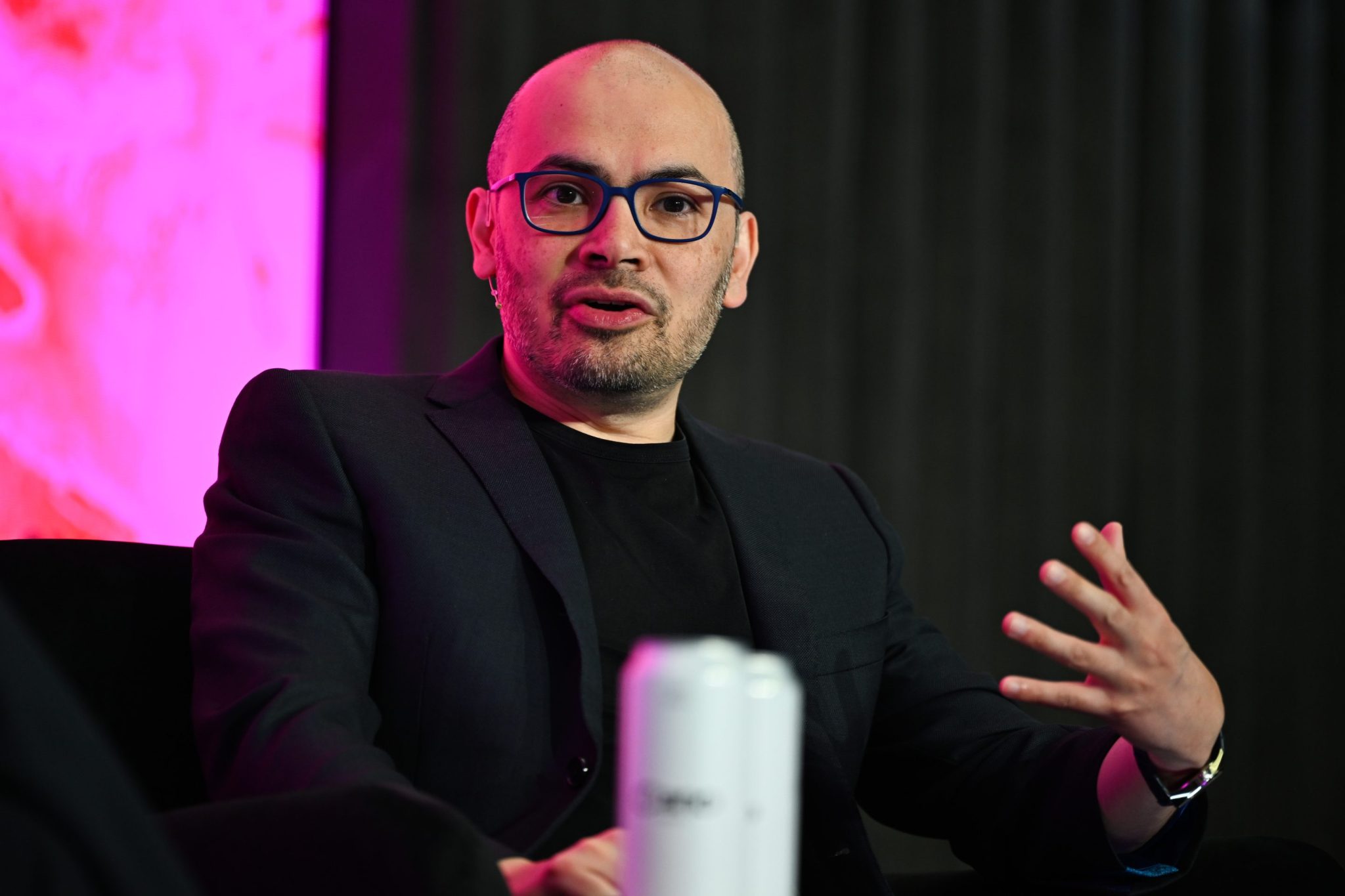TikTok Music has launched on Wednesday in Australia, Singapore and Mexico to a small group of users.
Jaap Arriens | Nurphoto | Getty Images
When Joe Biden joined TikTok on the eve of the Super Bowl last month, political scientist Maggie Macdonald was struck by what she called the “meta” nature of the president’s first post.
In the video, Biden poked fun at a conspiracy theory that he rigged the Super Bowl — in favor of the Kansas City Chiefs — to somehow help his reelection efforts.
“Yeah, I’m old, but I’m on TikTok, and I’m on this super online place talking about this super online concept,” Macdonald, an assistant political science professor at the University of Kentucky, said of the messaging and tone of Biden’s video.
While Biden’s debut on the wildly popular social media app came in a playful manner, his use of TikTok in this year’s reelection campaign is at the heart of a heated debate in Washington, D.C., about whether the service should even exist in the U.S. The app, owned by China’s ByteDance, is viewed as both an invaluable tool in trying to reach masses of young potential voters who are unplugged from mainstream media and an easy way, allegedly, for the Chinese government to spy on American consumers.
Members of the House Select Committee on the Chinese Communist Party introduced a bill this week that would require ByteDance to divest TikTok or face a U.S. ban, following earlier federal and state-led efforts that never came to fruition. On Thursday, the committee voted 50-0 to send the bill to the House floor.
Shortly after the committee advanced the bill, Rep. Troy Balderson, R-Ohio, called TikTok “a surveillance tool used by the Chinese Communist Party to spy on Americans and harvest highly personal data.”
TikTok CEO Shou Zi Chew has denied in Senate hearings any ties between the app and the CCP. In a statement to CNBC on Thursday, TikTok said, “The government is attempting to strip 170 million Americans of their Constitutional right to free expression,” an act that “will damage millions of businesses, deny artists an audience, and destroy the livelihoods of countless creators across the country.”
TikTok’s CEO Shou Zi Chew testifies during the Senate Judiciary Committee hearing on online child sexual exploitation, at the U.S. Capitol, in Washington, U.S., January 31, 2024.
Nathan Howard | Reuters
Since Biden’s playful intro post, his campaign’s TikTok account has notched over 222,000 followers and over 2.4 million likes. With eight months until the general election and a likely rematch of the 2020 contest, Biden narrowly trails Republican challenger Donald Trump in most national polls in what’s expected to be a tight battle to the end.
Biden’s age has shown up as a persistent concern in polling data, so experts say reaching out to younger audiences is key in trying to win over undecided young voters, and mobilize a traditional Democratic constituency whose members sometimes stay home on Election Day.
“It’s really important for him to have a presence, and for him to interact directly with voters, not just through creators and influencers,” said Aaron Earls, CEO of social media influencer firm Activate HQ, which specializes in political campaigns. “The turnout in 2020 was really significant with that younger audience and, everyone’s suggesting that maybe there will be a similar turnout with the younger audience again.”
During the State of the Union address Thursday evening, Biden’s campaign posted clips of the speech on TikTok, a sign that the president plans to stick with the app despite swirling concerns in Washington. But it’s a particularly convoluted matter for Biden because, should the bill pass the full House and the Senate, it would hit the president’s desk.
White House press secretary Karine Jean-Pierre told reporters on Thursday that, “This bill is important, we welcome this step.” She said the administration plans to “meet the American people where they are,” adding that, “It doesn’t mean that we’re not going to try to figure out how to protect our national security.”
Biden said on Friday that he will sign the bill if Congress passes it.
The Biden campaign didn’t immediately respond to a request for comment.
TikTok is trying to generate support from users following the House’s action on Thursday. On the app, users were greeted with a screenshot warning them that Congress was “planning a total ban of TikTok.” Multiple staffers and lawmakers told CNBC their offices were flooded with calls, mostly from kids.
TikTok goes to Washington
U.S. political campaigns more broadly are trying to figure out how best to utilize TikTok.
In recent cycles, Facebook has been the social media app of choice for campaigns because of its ability to narrowly target users with fundraising ads and informational posts. However, Apple’s 2021 iOS privacy update made it much harder to target audiences, raising the cost of ad campaigns across Meta’s platforms.
Additionally, Facebook has skewed older over the years, with younger groups gravitating to TikTok. The challenge for campaigns is that TikTok says it doesn’t allow for political ads or “content such as a video from a politician asking for donations, or a political party directing people to a donation page on their website.”
To date, major campaigns have relied on high-profile TikTok influencers to help rally support for specific issues. Last April, for instance, the White House said it was enlisting a squad of volunteer TikTok and Instagram influencers to help spread awareness of the Biden campaign.
Earls says it’s a strategy that’s long been employed in politics. TikTok just presents a new medium.
“That has historically been a tactic that’s happened since the Kennedy days, but just more in traditional media,” Earls said. “Like you’re going to get an endorsement from Marilyn Monroe or Joe DiMaggio or whatever.”
Political groups are scouring TikTok for influencers with positions that resonate with would-be voters, and are targeting certain swing states that could be critical in deciding an election. During the 2022 midterm elections, the Democratic National Committee and communications groups like Climate Power enlisted the help of TikTok and influencers to discuss issues like abortion rights and to mobilize voters.

Even with its growing popularity, TikTok remains a niche tool in politics.
Anupam Chander, a Georgetown University Law Center professor, released a study with some colleagues last year showing that fewer than 10% of members of the U.S. Congress have a “TikTok account from which they post content,” most likely because of the app’s connection to China. In total, the report said, 34 House members and seven senators had an official TikTok account.
Among major politicians using TikTok, an overwhelming majority are Democrats, the study showed. Some of Republicans’ resistance could tie back to Trump’s vow — which was ultimately unsuccessful — to ban TikTok during his administration.
Reaching ‘young Americans where they are’
One of the few high-profile Republicans now on the app is former presidential candidate Vivek Ramaswamy, who said during a primary debate that “part of how we win elections is reaching the next generation of young Americans where they are.”
As to whether Trump will use TikTok in his campaign, Earls said he wouldn’t be surprised to see it. The decision, he said, likely has less to do with China and is more about Trump’s connection to his own social media platform, Truth Social, where he posts with frequency.
“We’ve seen him do whatever it takes to win an election including trying to stop the peaceful transition of power,” Earls said. “He will do what he thinks will help him win so I suspect we’ll see his campaign join TikTok in the coming months depending upon how things develop with his ability to monetize Truth Social.”
The Trump campaign didn’t immediately respond to a request for comment.
Anish Mohanty, communications director for Gen-Z for Change, said his nonprofit advocacy group was originally called TikTok for Biden when it formed in 2020 as part of an effort “to defeat Donald Trump.” The group changed its name the following year, and now taps its network of hundreds of TikTok social media influencers to advocate for multiple progressive issues related to climate change, universal health care and for Biden to call for an immediate ceasefire in Gaza.
Given the many challenges Biden faces with younger groups, his mere presence on TikTok isn’t enough to win votes, Mohanty said, particularly if the president’s campaign is “just using it to post cringy memes about Trump.”
“Young people care about issues, that’s why young people are so unhappy with Biden over action on climate change, over the situation in Gaza,” Mohanty said. “Just because Biden is posting on TikTok, that’s not what’s going to pull young people over.”
Still, Macdonald sees a big opportunity for Biden.
“If you want to reach younger people who are very apathetic, they’re on TikTok,” said the University of Kentucky professor. “You have an incentive to reach them on TikTok, and it does seem that the Republican Party as a unit is just not doing it.”
WATCH: Denying a platform isn’t denying free speech.

Credit: Source link














